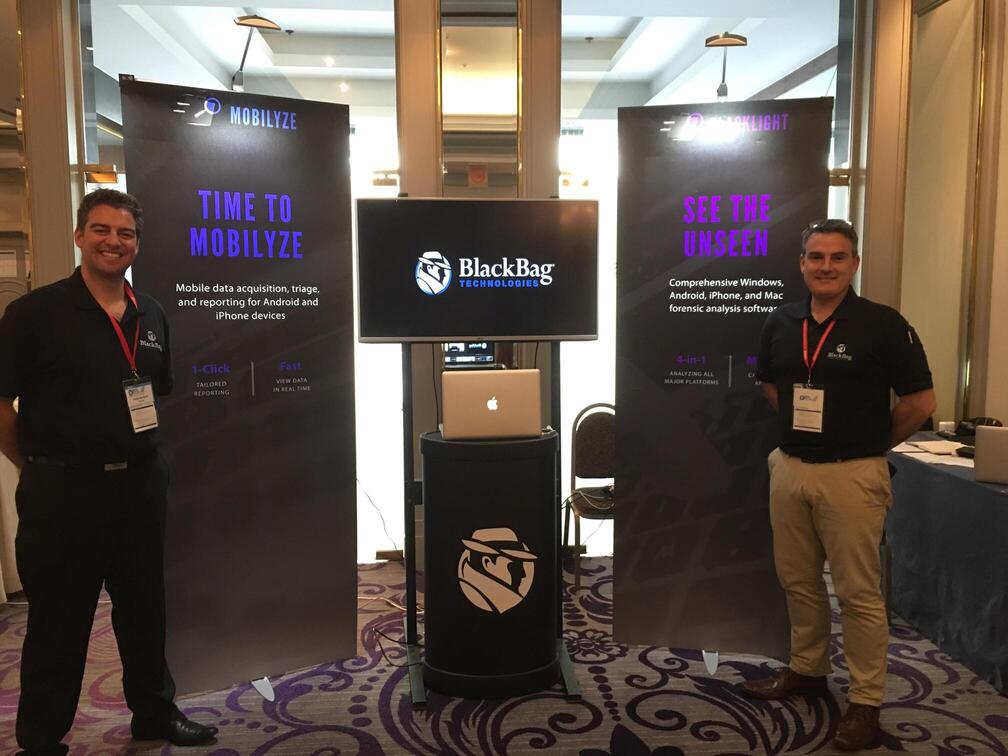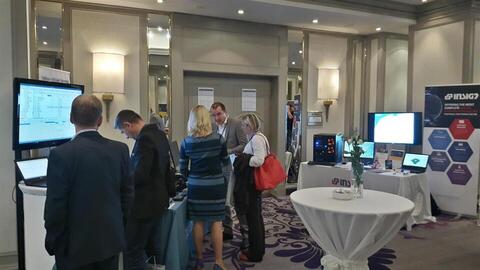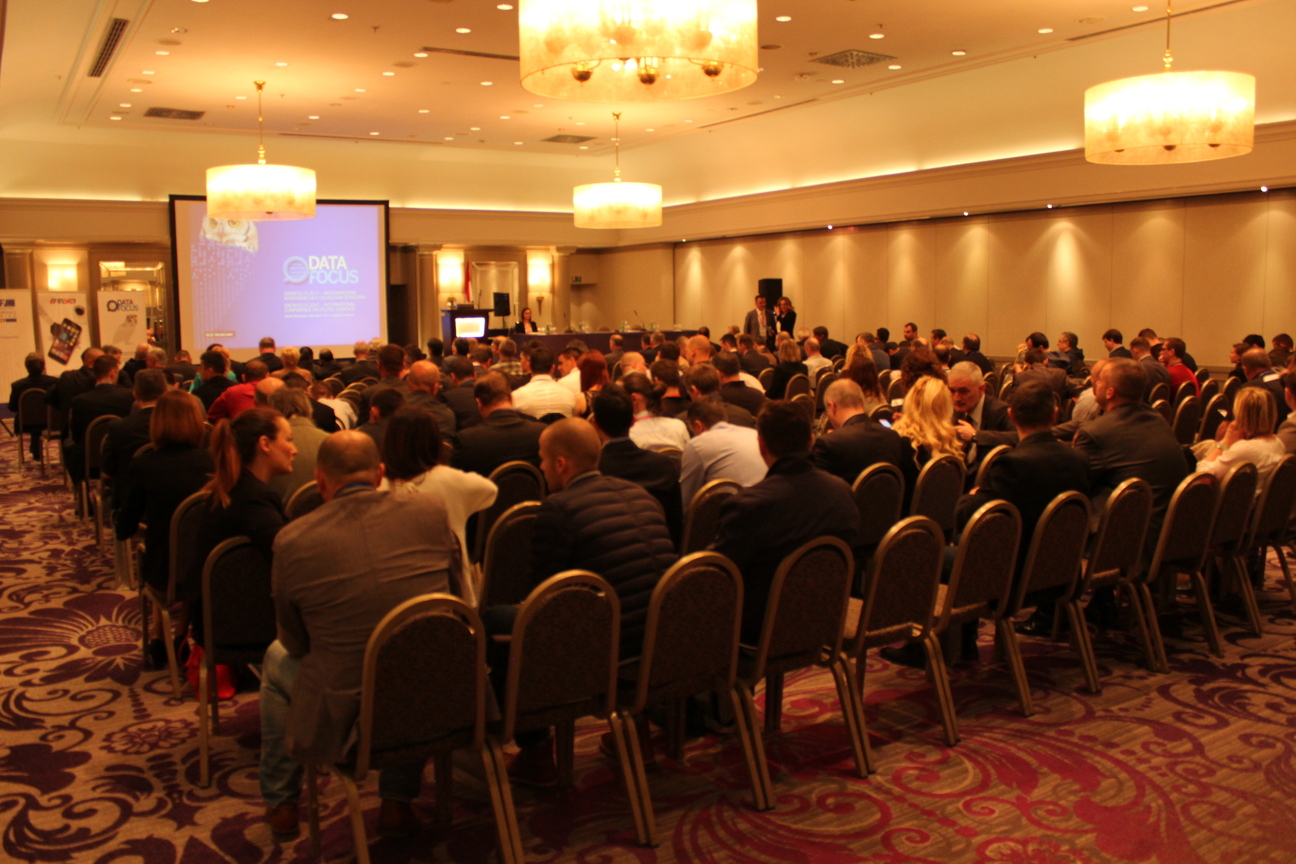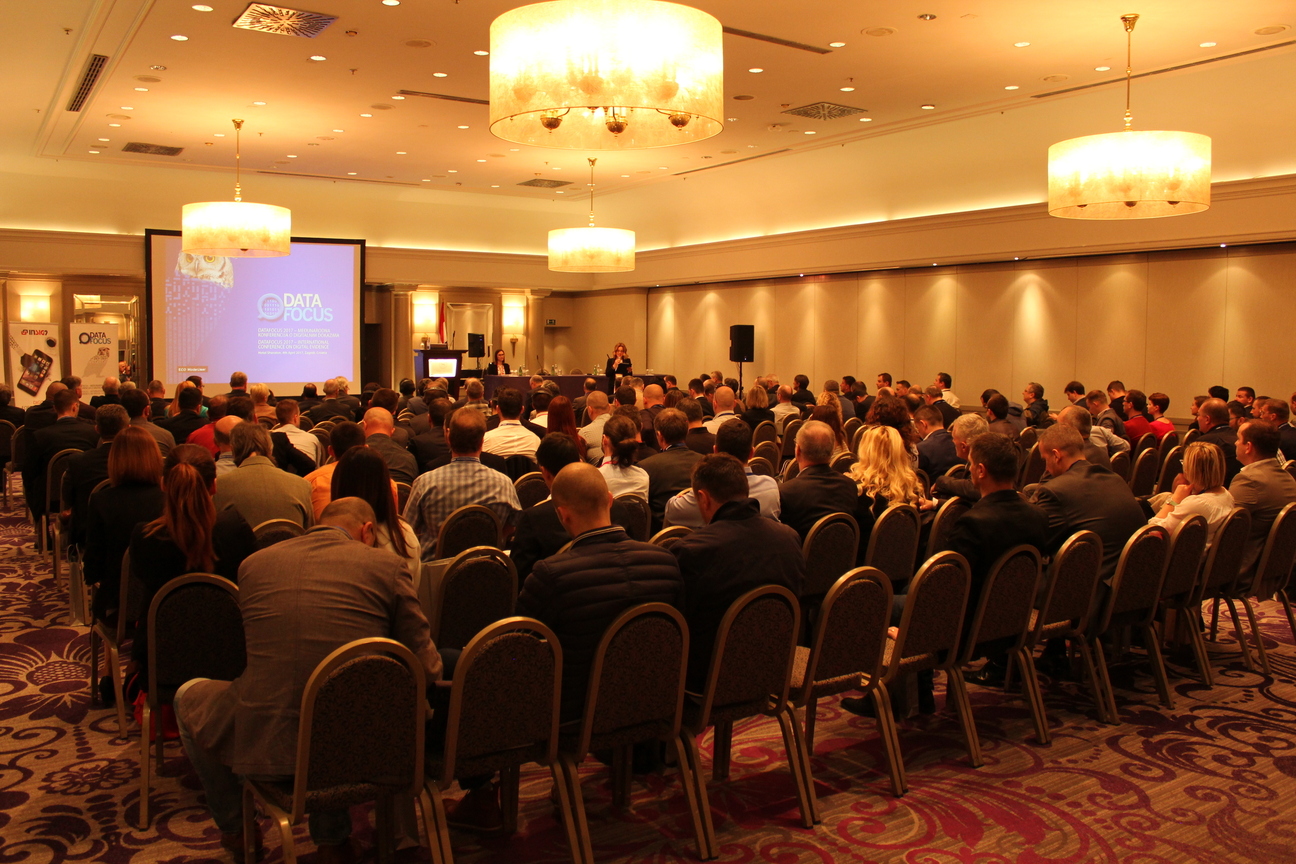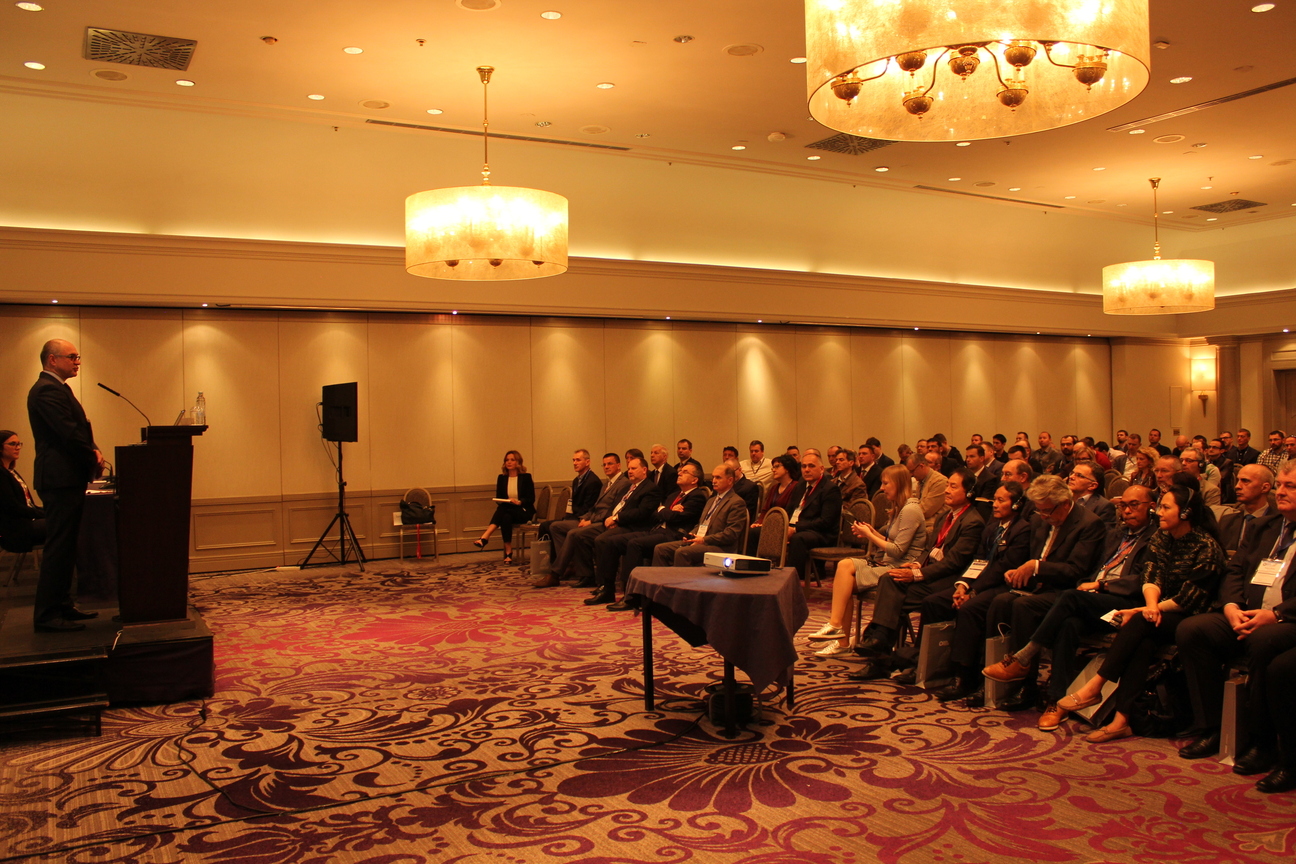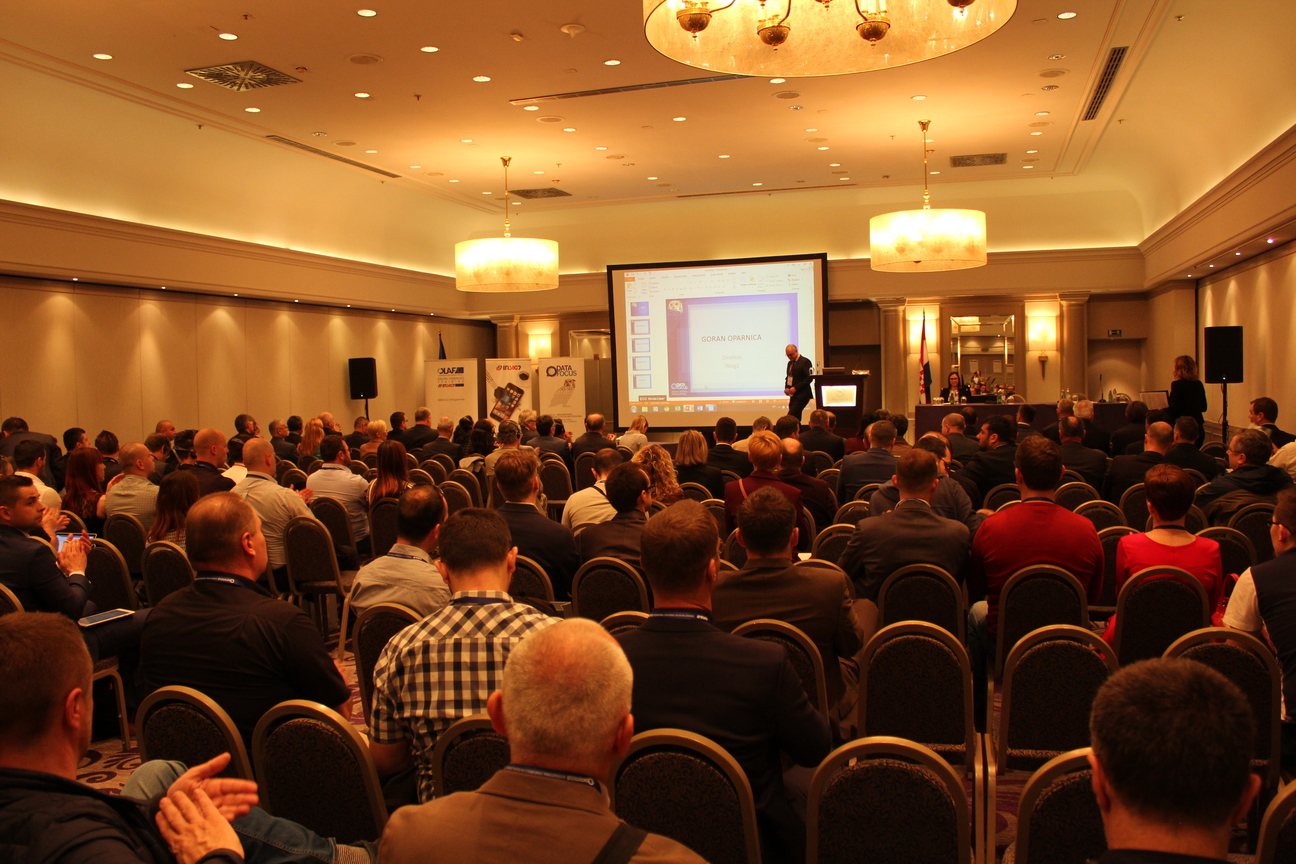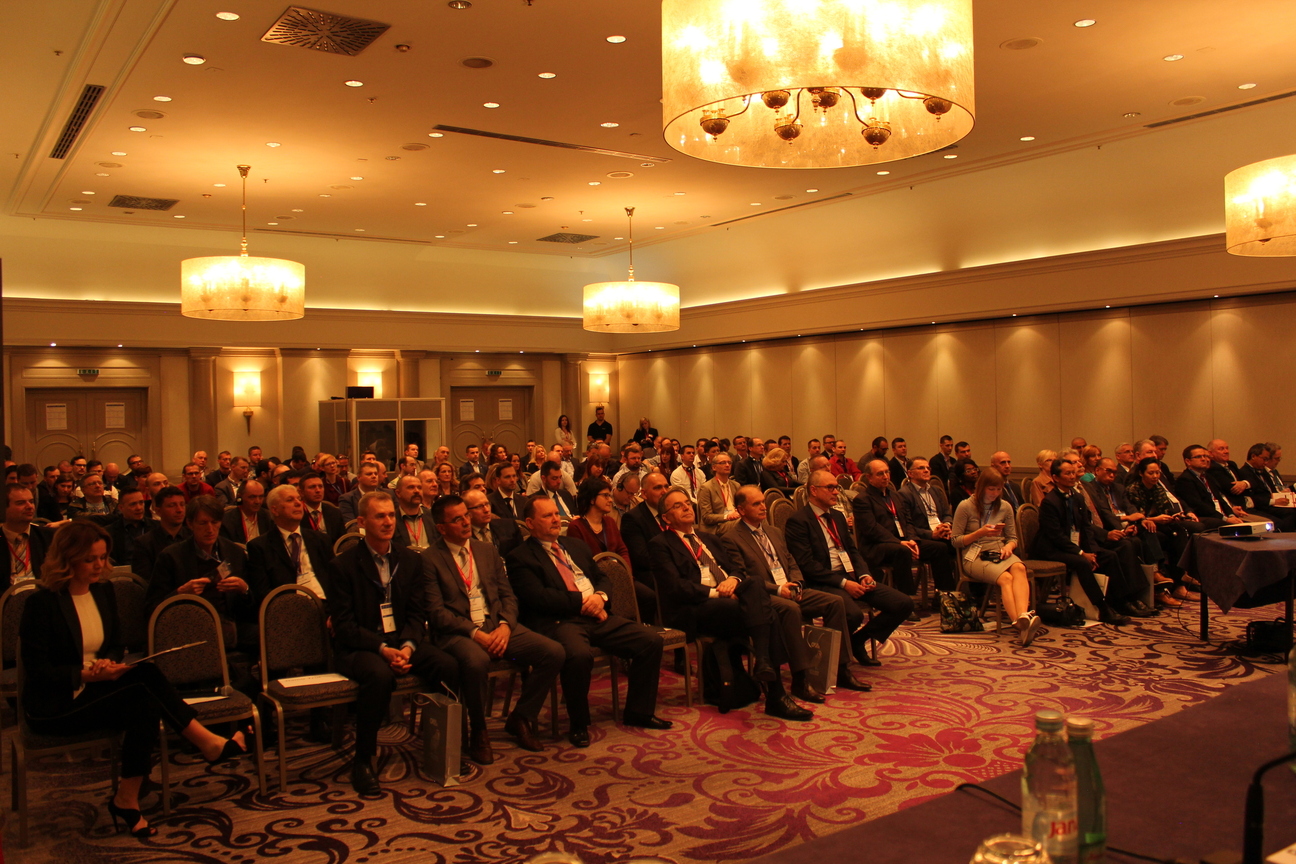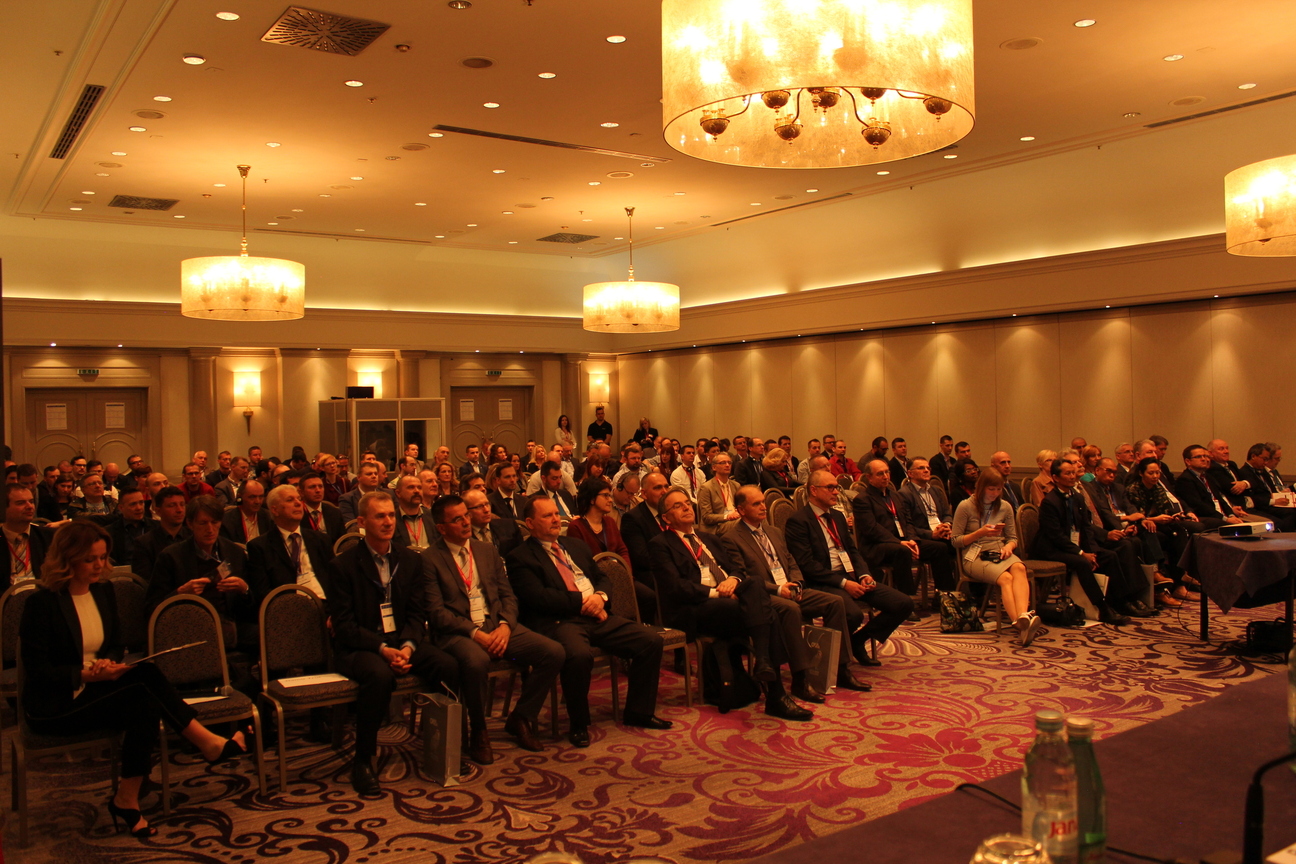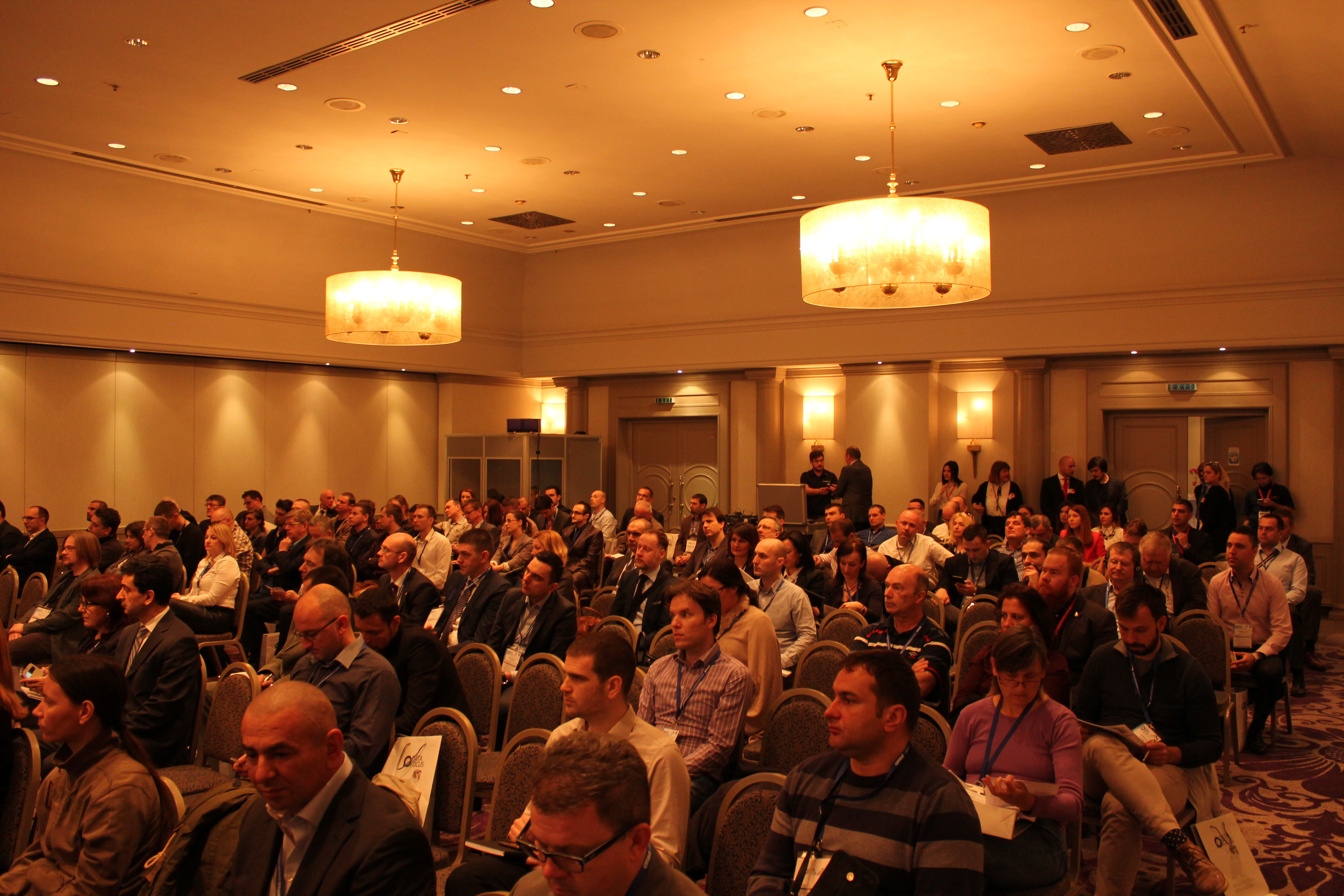
DataFocus 2017
4th of April | Sheraton hotel Zagreb, Zagreb, Croatia
DataFocus is all about exchanging experiences
We bring together law enforcement investigators, prosecutors, judges, court expert witnesses, and other experts, and let them talk about their experiences with digital evidence and digital forensic investigations.
Since 2012
Every year
Entrance
DataFocus conference is divided into several sections
Explore distinct sections offering insights into technical facets of evidence handling, showcase the latest products and services, and participate in interactive workshops.
Investigation section
Lecturers address technical aspects of finding, preserving, and processing digital evidence and the legal presentation of digital evidence in criminal and administrative proceedings.
Technical section
Experts provide lectures showcasing and demonstrating the latest products, services, and trends in the digital forensic field.
Workshops
At the event, our partners will conduct a series of workshops, providing participants with opportunities for personalized inquiries and live demonstrations.
Agenda
Agenda
8:30 - 9:00
REGISTRATION, WELCOME COFFEE
9:00-9:30
Opening ceremony (Grand hall - Section B) Goran Oparnica, Managing Director, INsig2, Croatia Douglas Shinsato, Managing Director, Anthill Ventures, Singapore Dr. Sc. Slavko Barić, Lieutenant General, Commander of Croatian Military Academy, Croatian Armed Forces, Croatia
Sandra Bagarić
Ceremony host9:30-10:15
Keynote presentations (Grand hall - Section B) Who governs the Internet?
Ph.D. Tatiana Tropina
Senior Researcher, Max Planck Institute for Foreign and International Criminal Law Freiburg, Germany9:30-10:15
Keynote presentations (Grand hall - Section B) Who governs the Internet?
Who sets different standards for the Internet? How the Internet standards differ from Internet-related laws and regulations? Is there any organization or international body, which dominantly influences the Internet? What does “multi-stakeholder governance” mean? What happened last Autumn, when the US government officially ended its oversight of ICANN – the organization that coordinates the functioning of the domain name system? Why cannot we have a body within the United Nations to set the Internet standards and control the network? This presentation will address all the issues listed above and answer many more questions that you may never asked. It will provide a structured and logical explanation of different layers and spheres of Internet governance. It will explain in a simple way such acronyms as ICANN, IANA, IETF, ISO and others, so you will never have to search for their meanings. Moreover, you would be able to understand them in a broader context of Internet governance. From undersea cables and satellites to standards development, from policy-making to laws and regulation: the presentation will guide you through the maze of what is called “the multi-stakeholder environment” to ensure that you will never get lost on the issues of Internet governance again. Ultimately, you will probably see your own role in the multi-stakeholder environment and figure out how you can have a say in global Internet governance.
Lecturer:
Ph.D. Tatiana Tropina
Senior Researcher, Max Planck Institute for Foreign and International Criminal Law Freiburg, Germany
10:15-11:00
The political paradox and dilemmas of digital society
Ph.D. Željko Ivanković
Journalist, Croatia10:15-11:00
The political paradox and dilemmas of digital society
Technology is not morally neutral. It is often said, ‘A gun doesn’t kill – a man does’. What is meant by it is – not a gun in itself is bad or to blame. However, in recent times, there have been claims that some algorithms are morally bad or even evil. They seem to be racist and discriminatory. Ethical, social and political analysis of contemporary digital technology is in full swing. Digital changes are less and less a technical matter. The problem is their economic effects, in particular, the acquisition of immense political power. Digital giants determine what is true and what is a lie. They become non-elected rulers of the world.
Lecturer:
Ph.D. Željko Ivanković
Journalist, Croatia
11:00-11:30
Coffee break
11:30-12:00
The role of digital evidence in the European Agenda on Security
Sunačana Roksandić Vidlička
Assistant professor, Faculty of Law in Zagreb, Croatia12:05-12:35
Cyberwar and global politics
Božo Kovačević
Lecturer, University College for International Relations and Diplomacy Dag Hammarskjöld, Croatia12:40-13:10
Data retention after December 21, 2016
Joachim Meese
Professor of criminal law and criminal procedure, University of Antwerp, Belgium13:15-14:30
Lunch - Restaurant Tomislav
14:30-15:00
Flish Flash: Spanish Approach to Digital Evidence
Patricia Ayodeji
Founding Lawyer, E-PDP PROTECCIÓN DE DATOS PERSONALES, Spain15:05-15:35
Acquisition, analysis and presentation of digital evidence for the purposes of court proceedings
Dražen Škrtić
Police Consultant, Ministry of Interior, Croatia15:40-16:10
A scary story about bears and pandas: tradecraft of advanced persistent threat actors
Tonimir Kisasondi
Head of the Laboratory for open systems and security, The Faculty of Organization and Informatics, Croatia16:15-16:45
The most common forms of criminal offenses of child pornography on the Internet
Kornelija Ivanušić
Judge, Municipal Court in Velika Gorica, Croatia17:00-17:15
Closing ceremony (Grand hall - Section B) Tombola, Final words of the organizer
9:00-9:30
Opening ceremony (Grand hall - Section B) Goran Oparnica, Managing Director, INsig2, Croatia Douglas Shinsato, Managing Director, Anthill Ventures, Singapore Dr. Sc. Slavko Barić, Lieutenant General, Commander of Croatian Military Academy, Croatian Armed Forces, Croatia
Sandra Bagarić
Ceremony host9:30-10:15
Keynote presentations (Grand hall - Section B) : Who governs the Internet?
Ph.D. Tatiana Tropina
Senior Researcher, Max Planck Institute for Foreign and International Criminal Law Freiburg, Germany9:30-10:15
Keynote presentations (Grand hall - Section B) : Who governs the Internet?
Who sets different standards for the Internet? How the Internet standards differ from Internet-related laws and regulations? Is there any organization or international body, which dominantly influences the Internet? What does “multi-stakeholder governance” mean? What happened last Autumn, when the US government officially ended its oversight of ICANN – the organization that coordinates the functioning of the domain name system? Why cannot we have a body within the United Nations to set the Internet standards and control the network? This presentation will address all the issues listed above and answer many more questions that you may never asked. It will provide a structured and logical explanation of different layers and spheres of Internet governance. It will explain in a simple way such acronyms as ICANN, IANA, IETF, ISO and others, so you will never have to search for their meanings. Moreover, you would be able to understand them in a broader context of Internet governance. From undersea cables and satellites to standards development, from policy-making to laws and regulation: the presentation will guide you through the maze of what is called “the multi-stakeholder environment” to ensure that you will never get lost on the issues of Internet governance again. Ultimately, you will probably see your own role in the multi-stakeholder environment and figure out how you can have a say in global Internet governance.
Lecturer:
Ph.D. Tatiana Tropina
Senior Researcher, Max Planck Institute for Foreign and International Criminal Law Freiburg, Germany
10:15-11:00
The political paradox and dilemmas of digital society
Ph.D. Željko Ivanković
Journalist, Croatia10:15-11:00
The political paradox and dilemmas of digital society
Technology is not morally neutral. It is often said, ‘A gun doesn’t kill – a man does’. What is meant by it is – not a gun in itself is bad or to blame. However, in recent times, there have been claims that some algorithms are morally bad or even evil. They seem to be racist and discriminatory. Ethical, social and political analysis of contemporary digital technology is in full swing. Digital changes are less and less a technical matter. The problem is their economic effects, in particular, the acquisition of immense political power. Digital giants determine what is true and what is a lie. They become non-elected rulers of the world.
Lecturer:
Ph.D. Željko Ivanković
Journalist, Croatia
11:30-12:00
Specific raids in internet banking with abuse RSA SecurID
Borut Zalokar
Investigator, Ministry of Interior, Slovenia12:05-12:35
CEO-BEC frauds
Branislav Veselinović
Inspector, Ministry of Interior, Republika Serbia12:40-13:10
Digital investigations: the increasing role of the cell towers coverage in the cross-analysis of the mobile evidence to solve a murder case
Nicola Chemello
Chairman and co-Founder, Securcube srl., Italija14:30-15:00
How to follow the trail of advanced attacks?
Damir Paladin
Borea, Director, Croatia15:05-15:35
Post-mortem Facebook forensics
Ante Markić
Court Expert, Croatia15:40-16:10
How to use image and video databases as an intelligence tool
Antoine Normand
CEO, Blue Bear, Canada16:15-16:45
Devil lies beneath the surface
Jan Kromel
IT Specialist, LYNX Ltd., Slovakia11:30-12:00
Oxygen Forensic Detective: Extraction, Decryption and Recovery of Applications Data
Tatiana Pankova
Marketing Director, Oxygen Forensics, USA12:05-12:35
Forenzika Mac-a – MacQuisition i BlackLight
Tim Thorne
Forensic Analyst and Instructor, BlackBag Technologies, USA12:40-13:10
Modern mobile and computer forensics: what’s new in Belkasoft Evidence Center 2017?
Yuri Gubanov
CEO and Founder, Belkasoft, Russia14:30-15:00
AD Lab - solving the challenge of large scale forensic investigations
Artem Kruzhilin
Channel manager, Access Data, USA15:05-15:35
Completing an Investigation with EnCase Forensic 8 and Tableau
Steve Gregory
Senior Product Advisor - EMEA, Guidance Software, USA15:40-16:10
XRY and XAMN More powerful than ever
Rudi Owens
AREA Sales Manager Netherlands and Central Europe, MSAB, Sweden16:15-16:45
Introduction to Magnet AXIOM
Patrick Griffith
Account Executive, Magnet Forensics, Canada11:30-13:10
FTK & LAB - the latest developments in fast, reliable and collaborative forensic investigations
Nitin Aggarwal
Director Technical Sales Engineering Access Data, USA14:30-16:45
New features in Oxygen Forensic® Detective
Tatiana Pankova
Marketing Director, Oxygen Forensics, USAPlenary lecturers
Tatiana Tropina
Senior Researcher, Max Planck Institute for Foreign and International Criminal Law Freiburg, Germany
Biography
Tatiana Tropina is a senior researcher at the Max Planck Institute for Foreign and International Criminal Law in the Information Law and Legal Informatics Section. Her current areas of research include international standards to fight cybercrime, the comparative analysis of cybercrime legislation, self- and co-regulation, public-private partnerships to address cybersecurity issues, and the multi-stakeholder approach to fight cybercrime. Tatiana Tropina’s background includes both academic and practical experience. She has been conducting cybercrime research for more than 12 years, starting in Russia in 2002, where she became the first Russian researcher to defend a PhD thesis on cybercrime (2005). From 2002 to 2009, she was responsible for cybercrime projects at the regional subdivision of the Transnational Crime and Corruption Centre (George Mason University, USA) in Vladivostok, Russia. At the same time, from 2003 to 2008, she worked full-time as a lawyer and then as head of the legal departments of a number of telecommunication companies. In 2008, she won the British Chevening Scholarship to study telecommunications management at Strathclyde University, Glasgow. In 2009, she was awarded a German Chancellor Fellowship (Alexander von Humboldt Foundation) and moved to Germany to pursue her research on legal frameworks for cybercrime. Since 2009, Tatiana Tropina has been involved in both legal research and various applied cybercrime projects at the international level. This activity includes such projects as drafting model legislation on the interception of communication for the Caribbean states and adapting it via stakeholder consultations (ITU-EU project, 2010) and carrying out a cybercrime study for the Global Symposium of Regulators (ITU, 2010). Recently, she served as a consultant to the UNODC Comprehensive Cybercrime Study (2012-2013) and to the World Bank (World Development Report 2016). Tatiana Tropina has a number of publications to her credit, including a monograph on cybercrime. She is frequently invited to present on her research at various international events.
Lecture:
Who Governs the Internet?
Željko Ivanković
Journalist, Croatia
Biography
Željko Ivanković became a journalist in the first half of the eighties, in the media for youth like Radio 101 and the student newspaper “Studentski list” and in a number of editions “Vjesnik” as a proofreader, journalist and editor. During this period he collaborated with a number of domestic and foreign media. In late 1992, he became the chief editor of the monthly magazine “Banka” where he worked until the end of 2002. He worked as an economy adviser in Croatian embassies in Japan (September 2005) and Australia (until August 2009). Željko Ivanković has a Ph.D. in Philosophy of Economics from the Australian National University in Canberra (Research School of Social Sciences), one of the leading research universities in the world in theories of ownership. He has participated in several national and international professional and scientific conferences and published papers in national and international journals and publications.
Lecture:
The political paradox and dilemmas of the digital society
All lecturers
Ante Markić
Antoine Normad
Artem Kruzhilin
Borut Zalokar
Božo Kovačević
Branislav Veselinović
Damir Paladin
Dražen Škrtić
Jan Kromel
Joachim Meese
Kornelija Ivanušić
Nicola Chemello
Patricia Ayodeji
Patrick Griffith
Rudi Owens
Stephen Gregory
Sunčana Roksandić Vidlička
Tatiana Pankova
Tim Thorne
Yuri Gubanov

Sheraton hotel Zagreb
Street kneza Borne 2, 10000, Zagreb, Croatia
DataFocus Archive
DataFocus is an international conference on digital evidence that we have been successfully organizing since 2012.
see all